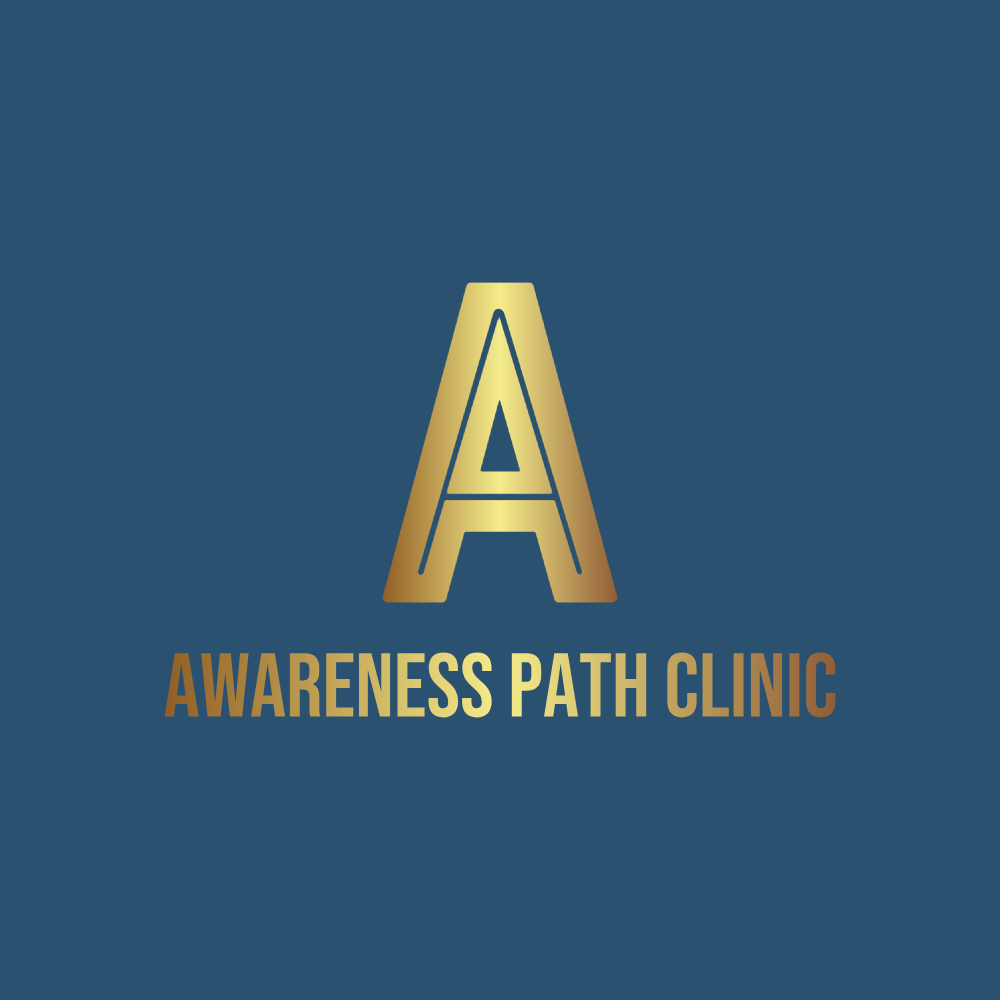Psychotic Disorders and Their Treatments: Insights from RANZCP Guidelines
Psychotic disorders are a group of severe mental health conditions that alter an individual’s perception of reality, affecting thoughts, emotions, and behaviors. According to the Royal Australian and New Zealand College of Psychiatrists (RANZCP), early diagnosis, continuous monitoring, and evidence-based interventions are critical for managing these disorders effectively. This article provides an overview of psychotic disorders and their recommended treatments based on the RANZCP guidelines.
Understanding Psychotic Disorders
Psychotic disorders are characterized by symptoms such as hallucinations, delusions, disorganized thinking, and impaired insight. Common psychotic disorders include:
• Schizophrenia
• Schizoaffective Disorder
• Brief Psychotic Disorder
• Delusional Disorder
• Substance-Induced Psychotic Disorder
1. Schizophrenia
Symptoms: Hallucinations, delusions, disorganized speech, cognitive impairments, and negative symptoms such as apathy.
Treatment Options:
• Antipsychotic Medication: Second-generation antipsychotics (e.g., risperidone, olanzapine) are first-line treatments; clozapine is used for treatment-resistant cases.
• Psychosocial Interventions: Cognitive Behavioral Therapy for Psychosis (CBTp), psychoeducation, and family therapy.
• Early Intervention Programs: Crucial in the first episode to improve long-term outcomes.
• Brain Stimulation Techniques: ECT may be considered for catatonic or severe cases.
2. Schizoaffective Disorder
Symptoms: A combination of psychotic symptoms along with mood disturbances (depression or mania).
Treatment Options:
• Antipsychotics: Paliperidone is commonly recommended.
• Mood Stabilizers: Lithium or valproate for mood symptoms.
• Psychotherapy: CBT, psychoeducation, and supportive therapy.
3. Brief Psychotic Disorder
Symptoms: Sudden onset of psychotic symptoms lasting more than a day but less than a month.
Treatment Options:
• Antipsychotics: Short-term antipsychotic medication may be used.
• Psychological Support: Crisis intervention and supportive therapy.
4. Delusional Disorder
Symptoms: Persistent, non-bizarre delusions without other psychotic features.
Treatment Options:
• Antipsychotics: Second-generation antipsychotics are typically prescribed.
• Psychotherapy: CBT to challenge and manage delusional beliefs.
5. Substance-Induced Psychotic Disorder
Symptoms: Psychotic symptoms triggered by substance use or withdrawal.
Treatment Options:
• Medical Detoxification: Safely managing withdrawal symptoms.
• Antipsychotic Medication: To manage acute symptoms.
• Psychosocial Support: Substance use counseling and rehabilitation.
General Principles for Managing Psychotic Disorders
• Comprehensive Assessment: Psychiatric, medical, and substance use evaluation. Ongoing symptom monitoring to adjust treatment plans.
• Collaborative Care: Involvement of psychiatrists, psychologists, social workers, and primary care providers.
• Individualized Treatment Plans: Tailoring interventions based on patient needs and symptom profiles.
• Psychoeducation and Family Involvement: Educating patients and families about the disorder and the importance of medication adherence.
• Early Intervention: Early detection and treatment to improve long-term prognosis.
The Role of Brain Stimulation Therapies
• Electroconvulsive Therapy (ECT): For severe psychotic symptoms, especially catatonia or treatment-resistant schizophrenia.
• Transcranial Magnetic Stimulation (TMS): Investigated as an adjunctive treatment, particularly for negative symptoms.
Conclusion
Psychotic disorders are complex and challenging to manage, but evidence-based interventions guided by the RANZCP guidelines can significantly improve outcomes. Early intervention, personalized care, and ongoing support are essential for long-term recovery.
At Awareness Path Clinic, we are committed to providing comprehensive care for individuals with psychotic disorders. Our approach integrates the latest research with compassionate, individualized treatment to promote recovery and enhance quality of life.
If you or someone you know is experiencing symptoms of psychosis, seek professional help without delay.





No comment